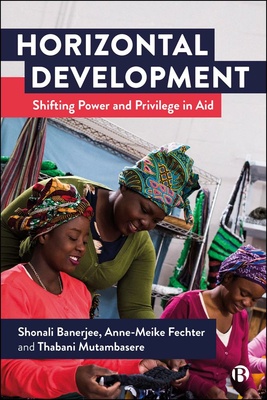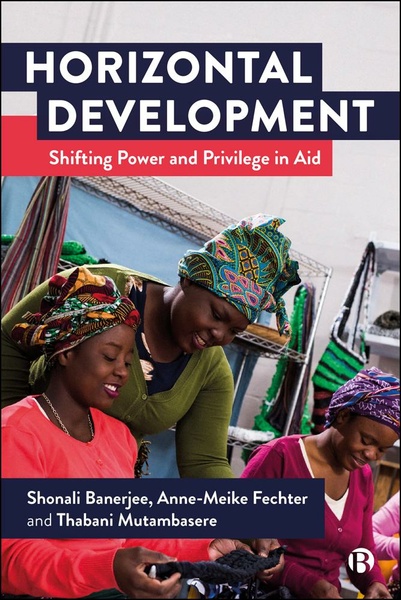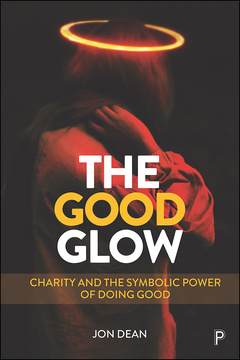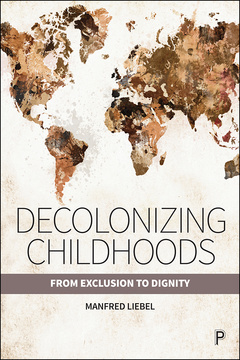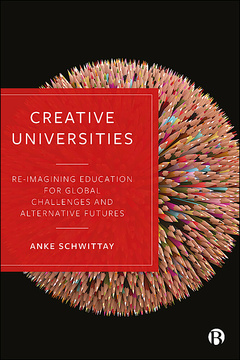Horizontal Development
Shifting Power and Privilege in Aid
By Shonali Banerjee, Anne-Meike Fechter and Thabani Mutambasere
Published
Jun 1, 2025Page count
176 pagesISBN
978-1529224597Dimensions
234 x 156 mmImprint
Bristol University PressPublished
Jun 1, 2025Page count
176 pagesISBN
978-1529224580Dimensions
234 x 156 mmImprint
Bristol University PressPublished
Jun 1, 2025Page count
176 pagesISBN
978-1529224603Dimensions
234 x 156 mmImprint
Bristol University PressAccessible and comprehensive, this book puts forth an innovative perspective on international aid, going beyond top-down attempts to centre local voices and practices.
By providing an overview of newer iterations and overlooked practices in development, including citizen aid, technologies for development, and faith-based humanitarianism, the book explores the extent to which they disrupt existing models and potentially lead to more equitable grassroots-led approaches. The authors develop the concept of 'horizontal development' to examine how power and privilege operate in international and local horizontal development spaces. Examining challenges, they also highlight opportunities for doing things differently in light of prominent calls for decolonising aid and development.
Shonali Banerjee is an Assistant Professor of International Development in the Department of Politics and International Studies, University of Warwick. She was formerly the Senior Research Associate at the University of Cambridge Centre for Strategic Philanthropy. Dr Banerjee holds a PhD in International Development from the University of Sussex, an has spent nearly fifteen years studying and working within the development sector, focusing on NGOs, philanthropy, and financialisation in Asia, the Middle East and Africa.
Anne-Meike Fechter is Professor of Anthropology and International Development in the School of Global Studies, University of Sussex, UK. She is fascinated by the myriad way in which people support others, on the margins and outside of the formal aid and development system, and how that shapes our ideas not just of aid, but what it tells us about societies hang together. She currently works with colleagues on informal and mutual aid among displaced people in Myanmar.
Thabani Mutambasere is Lecturer in African Studies and International Development in the School of Social and Political Science, University of Edinburgh. His research explores how African diasporas impact their home countries through political engagement, development work, and humanitarian efforts, beyond just financial remittances. Before joining academia, Thabani worked in the development sector tackling issues related to governance and civic education.
Introduction
1. South-South Cooperation and Development
2. Professional Volunteering and Voluntourism
3. Localisation and ‘Local’ Aid
4. Faith-Based Approaches
5. Diaspora-led Development
6. Transnational Citizen Aid
7. Digital Humanitarianism
8. Mutual Aid and Solidarity
Conclusion







